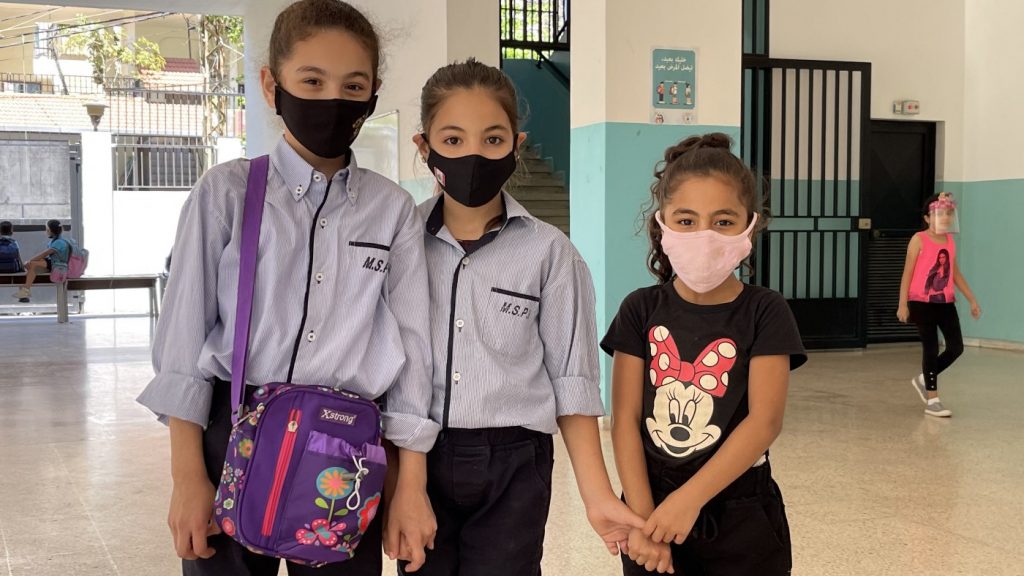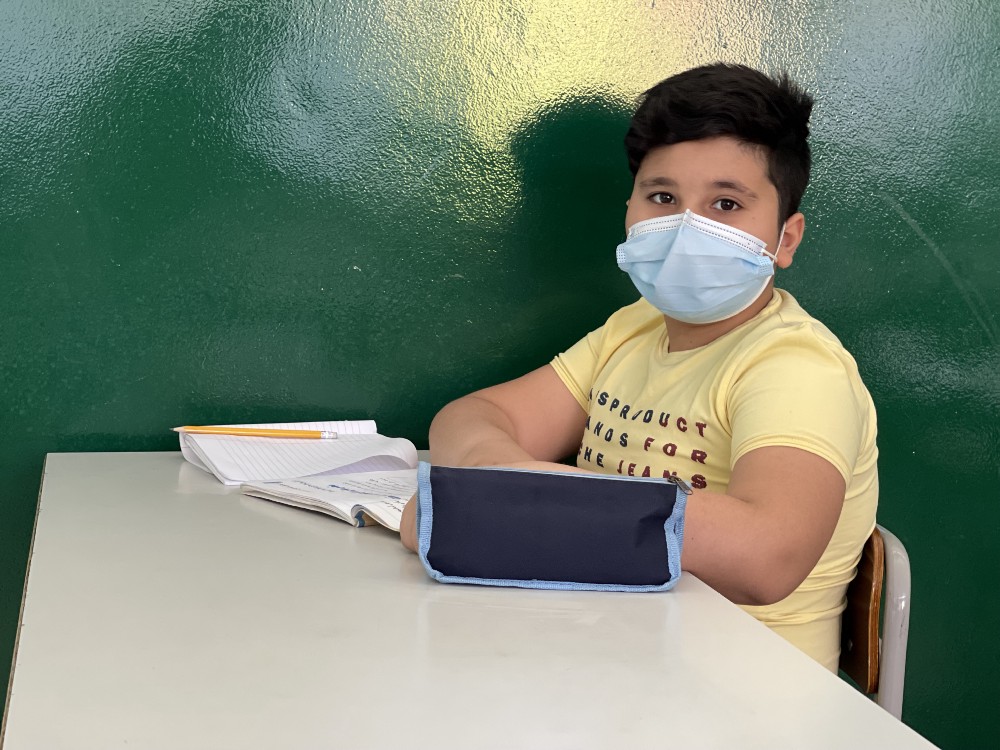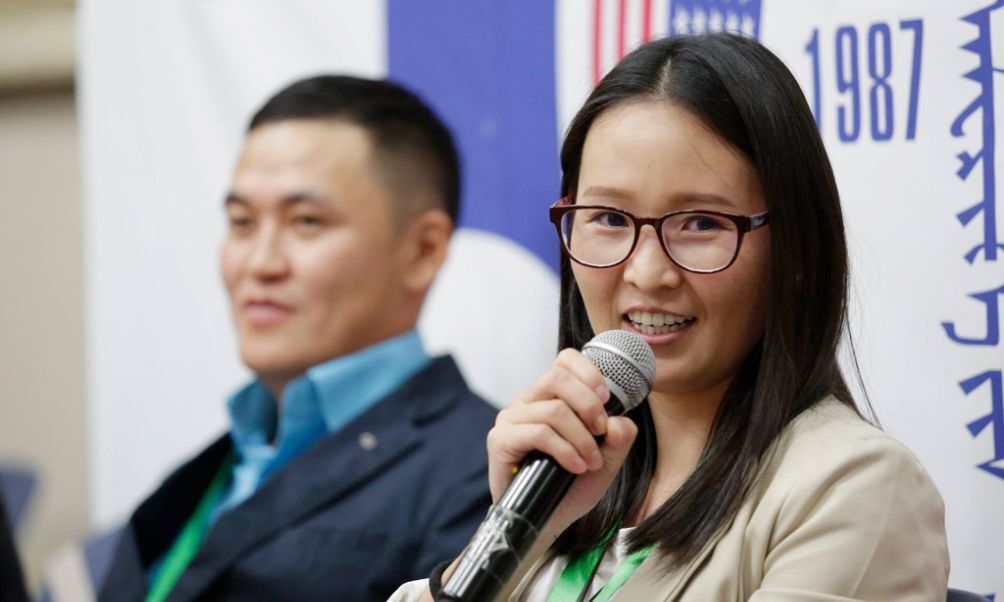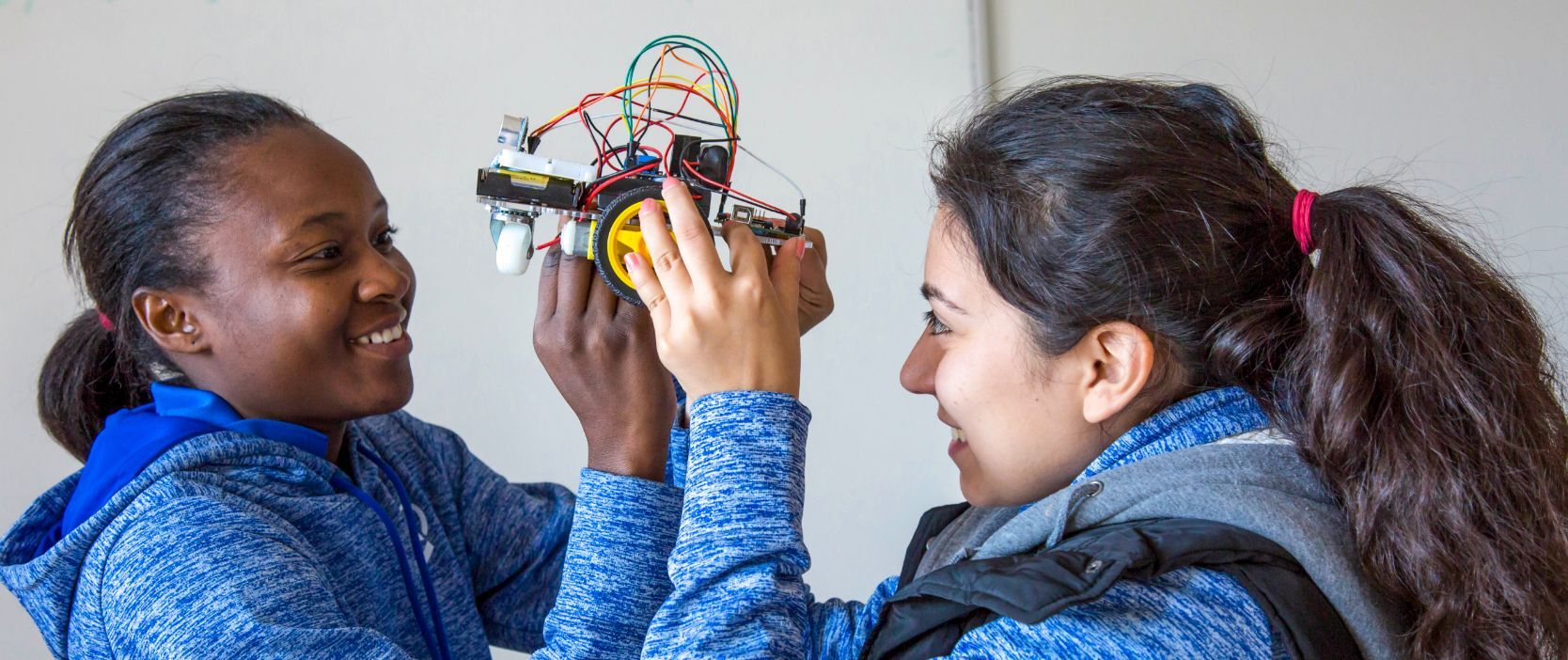-
What We Do
- WHERE WE WORK
-
About Us
 Welcome Message from Carol Jenkins, CEO
Welcome Message from Carol Jenkins, CEOWorld Learning believes that the best hope for peace, justice, and sustainability lies in bringing people together. Through cultural immersion, experiential learning, and information sharing, our programs equip others to collaboratively address the most pressing issues of our time.
Throughout my years at World Learning, I have had the fortunate opportunity to meet with many of our participants, partners, and alumni—a global network of learners. Our programs help them understand other cultures, master new skills, and cultivate networks. Our teaching and training methodologies empower them to find locally relevant, sustainable, and implementable solutions. Our approaches emphasize flexibility and adaptability that help them tackle real-world problems. They, in turn, make extraordinary changes in their lives and communities.
Please join us—and those we work with and serve around the world—in our pursuit to create a brighter and better future for all.
Carol Jenkins | CEO, World Learning
Allen Cutler | Chair, Board of Trustees - Get Involved
Media Center > Story
USAID-funded QITABI 2 Program Adapts to Needs of Lebanon’s Education Sector
August 30, 2021

Lebanon’s education sector has struggled to overcome numerous challenges over the past two years, including an unstable political environment, disruptive street protests, dramatic devaluation of the Lebanese lira, and the spread of the COVID-19 pandemic, which forced an abrupt shift to online schooling.
To meet these new demands, USAID has adapted the Quality Instruction Towards Access and Basic Education Improvement (QITABI) 2 program to dynamically address the education sector’s changing needs and support the move to distance learning.

The program embraces USAID’s longstanding commitment to the sustainable development of Lebanon’s education sector. It is a successor to QITABI 1, which was in place from 2014 to 2019. Both programs aim to strengthen the quality of education in Lebanon. They support the development of the sector’s leading stakeholders: the Ministry of Education, the Center for Educational Research and Development (CERD), primary schools, administrators, teachers, and students across Lebanon, including remote areas, under-resourced communities, and Syrian refugees.
QITABI 2 introduced new activities that included curriculum-aligned e-content, training teachers to create effective online teaching and learning environments, and distributing educational kits to keep more than 174,000 students engaged in learning while at home.
Maarouf Saad public school is one of the institutions that has benefitted from QITABI’s two programs. Located in south Lebanon, the school has 120 teachers and more than 2,000 students, of which 750 attend during the afternoon shift. Saadiah Basouni, the school principal, states, “The QITABI program trained teachers, equipped primary classes with IT equipment and supplied classroom libraries. It supported the school in modernizing its teaching and learning environment.”
The school’s IT teacher, Emtithal AlSkafi, says, “Teachers face a difficult challenge in effectively teaching online. We were able to overcome this challenge through QITABI 2’s online training and support. I developed my skills and techniques of teaching and interacting with students online.”
USAID-funded QITABI & QITABI 2 Activities
- Installed 3,607 IT classroom models in 524 public schools
- Distributed 630,000 leveled books to 894 schools, Grades 1 to 6
- Supported training and coaching for 2,000 Arabic language teachers on the Balanced Literacy Approach
- Supported training of 1,800 teachers on Educational Technology
- Distributed educational boxes to 174,000 students through 887 schools
- Designed and launched distance learning trainings for more than 7,500 trainers, coaches, and teachers


